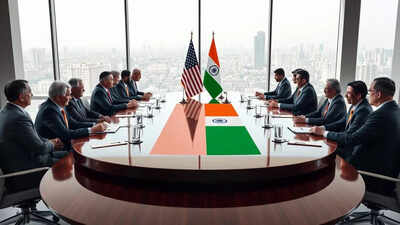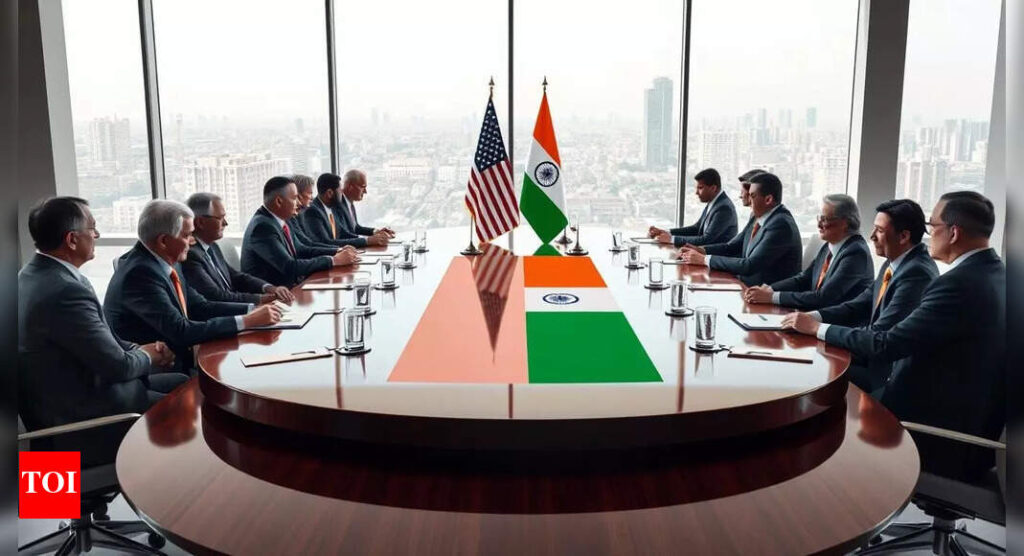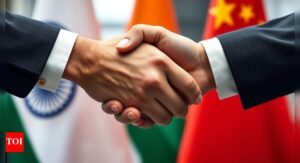
NEW DELHI: Govt has told industry that current discussions for the proposed trade deal with the US are focusing on products or tariffs lines, and has sensitised it about the possible rules of origin that will determine if an item qualifies for duty concessions or not.
During a meeting on Friday, businesses were also asked to be prepared for reciprocal tariffs in some form after the current pause ends in early July.
Indian govt asks exporters to flag US trade hurdles
At a meeting with industry on Friday, the commerce department sought a detailed list of non-tariff barriers faced by Indian exporters, which it can take up during negotiations with the United States.
India’s expectations from the negotiations were not shared with industry representatives, nor were their inputs sought on how to go about sector-specific talks. The meeting, however, marks the first set of consultations with industry amid criticism that India Inc has been kept in the dark about the talks.
The key focus was on rules of origin. As per indications, the final rules of origin are likely to be discussed after the product outlines of the deal are decided, sources said. During the meeting with industry representatives, a team of officials led by India’s chief negotiator Rajesh Agrawal pointed out that these norms may be different from what Indian players are used to.
The US goes by case laws and the norms under the trade deals with Canada and Mexico as well as Japan, that were shared during the meeting, were very different from each other. For instance, the US-Mexico-Canada Agreement (USMCA) has a specific set of rules for farm goods, which are applicable to all sides. But when it comes to Japan, it requires a change in tariff sub-heading for spices, while the US insists on it for tea and spices.Similarly, automobiles, textiles and apparel have product specific rules under USMCA, but that does not exist under the US treaty with Japan.
Indian industry has been asked to formulate its strategy according to the norms in the US, where change in form, appearance, nature and character of a product is what is insisted upon. In contrast, India’s agreements have focused on a certain amount of value addition and changes in product classification.














